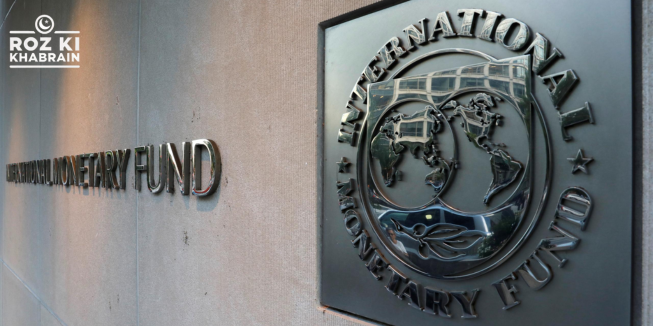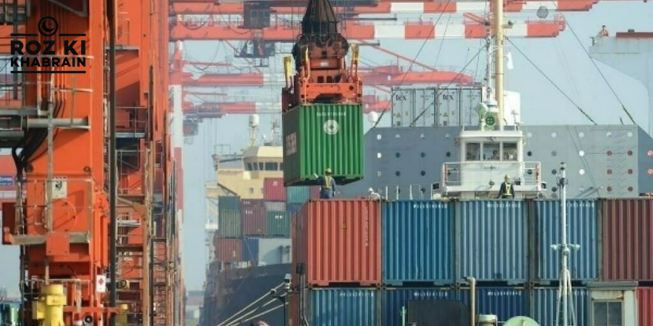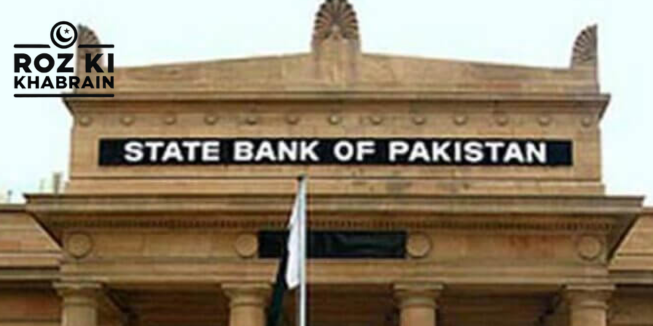ISLAMABAD: The International Monetary Fund (IMF) has requested the federal government to implement a mini-budget following the Federal Bureau of Revenue’s (FBR) failure to meet its tax collection targets, sources informed Geo News on Saturday.
According to insiders within the tax authority, the global lender declined Islamabad’s plea to reconsider the FBR’s tax goals during a virtual meeting.
Sources indicated that this tax shortfall could pose challenges to the disbursement of the second tranche of the $7 billion Extended Fund Facility (EFF) program secured by the current government in July.
As a response, insiders noted that a mini-budget of Rs500 billion is being planned to address the revenue gap.
The tax collection authority is reportedly facing a deficit of approximately Rs190 billion for the first four months (July-October), having collected only Rs3,440 billion against a target of Rs3,636 billion.
In October 2024, the FBR reported a collection of Rs877 billion, falling short of the assigned target of Rs980 billion by Rs103 billion. Additionally, the FBR experienced a shortfall of Rs91 billion during the first quarter (July-September) of this fiscal year.
Under the IMF agreement, the government set a target of Rs12,913 billion for this fiscal year, with the parliament approving the FBR’s target of Rs12,970 billion.
The inability to achieve these targets has prompted Prime Minister Shehbaz Sharif’s administration to reshuffle key officials in both the Inland Revenue Service (IRS) and Customs Group, including the Member IR Operations and three chief commissioners of Large Taxpayer Offices.
The consideration of a mini-budget is notable, especially since the FBR had previously ruled out such an option in September. However, during a Senate Standing Committee on Finance and Revenue meeting, FBR Member Policy Hamid Ateeq Sarwar acknowledged the challenges of meeting the current fiscal year’s tax target.
In June, the government had passed a tax-heavy budget to secure a new bailout package from the IMF, which successfully led to an agreement for a 37-month loan program.
Since then, the country has received the first tranche of $1.03 billion (SDR 760 million) under the EFF, as the government continues its efforts to tackle the economic challenges faced by the cash-strapped nation.
With positive developments such as a 31.1% reduction in the trade deficit and an annual inflation rate of 7.2%, Islamabad has formally requested around $1 billion from the IMF facility designed to assist low and middle-income countries in managing external shocks, as confirmed by Finance Minister Muhammad Aurangzeb last month.
The IMF projects that Pakistan’s economy will experience growth with a GDP increase of 3.2% for the fiscal year 2025, amid declining inflationary pressures.




